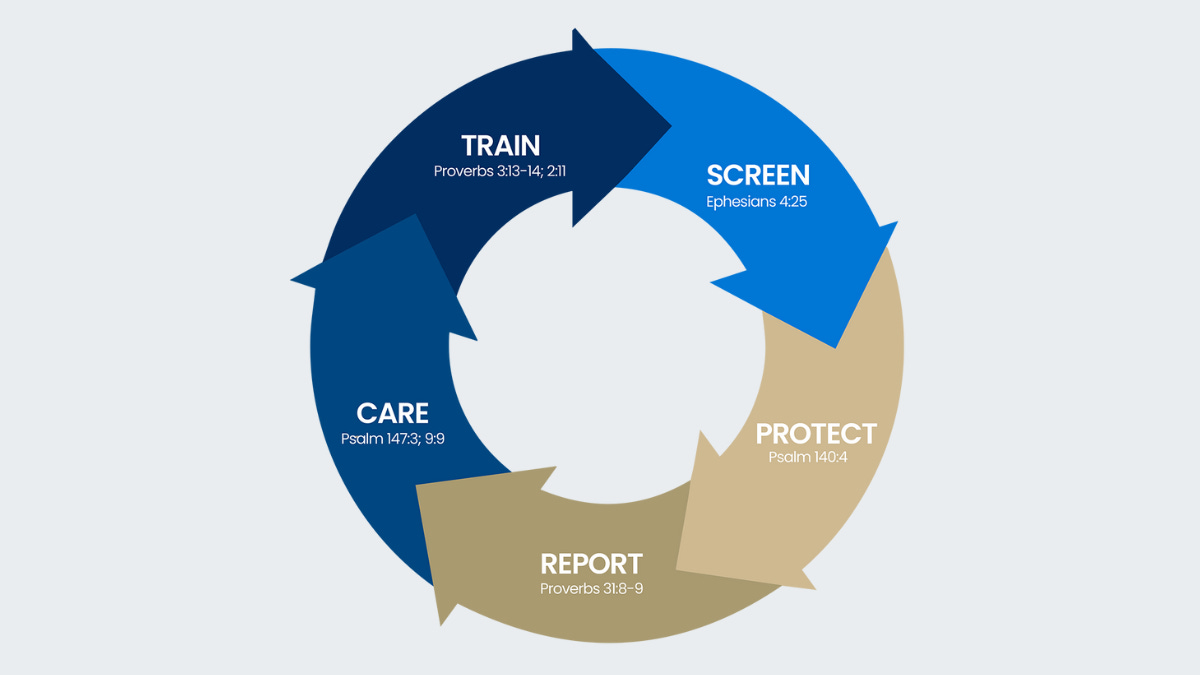SBC rolling out 5-step program and toolkit to combat sex abuse in churches

The Southern Baptist Convention (SBC) Abuse Reform Implementation Task Force will unveil a five-step program to combat the problem of sexual abuse in churches in June during the Southern Baptist Convention Annual Meeting in Indianapolis.
“Preventing and responding to sexual abuse is essential for the health of the church and its witness to the world. The SBC’s Abuse Reform Implementation Task Force provides tools local church leaders can use to make their churches safer for all,” reads a statement posted at sbcabuseprevention.com.
Essentials: Sexual Abuse Prevention and Response Toolkit for Churches, includes five key components defined below: train, screen, protect, report, and care.
1. Train: Education is the first line of defense. Churches must equip their leaders, staff, and volunteers with knowledge about recognizing signs of abuse, understanding boundaries, and responding appropriately. The toolkit provides video training that can be easily implemented by any church, regardless of size.
2. Screen: Prevention begins with thorough screening. Churches should have robust processes in place to vet potential staff and volunteers. The toolkit guides churches on how to establish effective screening procedures, ensuring that those who serve are trustworthy and safe.
3. Protect: Creating a safe environment requires intentional policies. Churches need clear guidelines on how to safeguard children, students, and adults. The toolkit offers practical steps to protect vulnerable individuals, emphasizing proactive measures.
4. Report: Reporting abuse promptly is crucial. The toolkit encourages churches to have a reporting system in place, ensuring that survivors are heard and abusers are held accountable. Reporting mechanisms empower victims and prevent further harm.
5. Care: Healing is a journey that requires compassion and support. Churches must care for survivors, offering resources, counseling, and a listening ear. The toolkit emphasizes the importance of creating a culture of empathy and restoration.
The free toolkit is accessible to all churches at sbcabuseprevention.com where churches can find video training modules, guidelines, and practical steps.
Recognizing the diversity of SBC congregations, the toolkit caters to churches of all sizes. While larger churches may have existing programs, smaller congregations often struggle to implement comprehensive abuse prevention measures. The "Essentials" toolkit aims to bridge this gap by providing a simplified version — a "1.0" program —for churches with limited resources.



